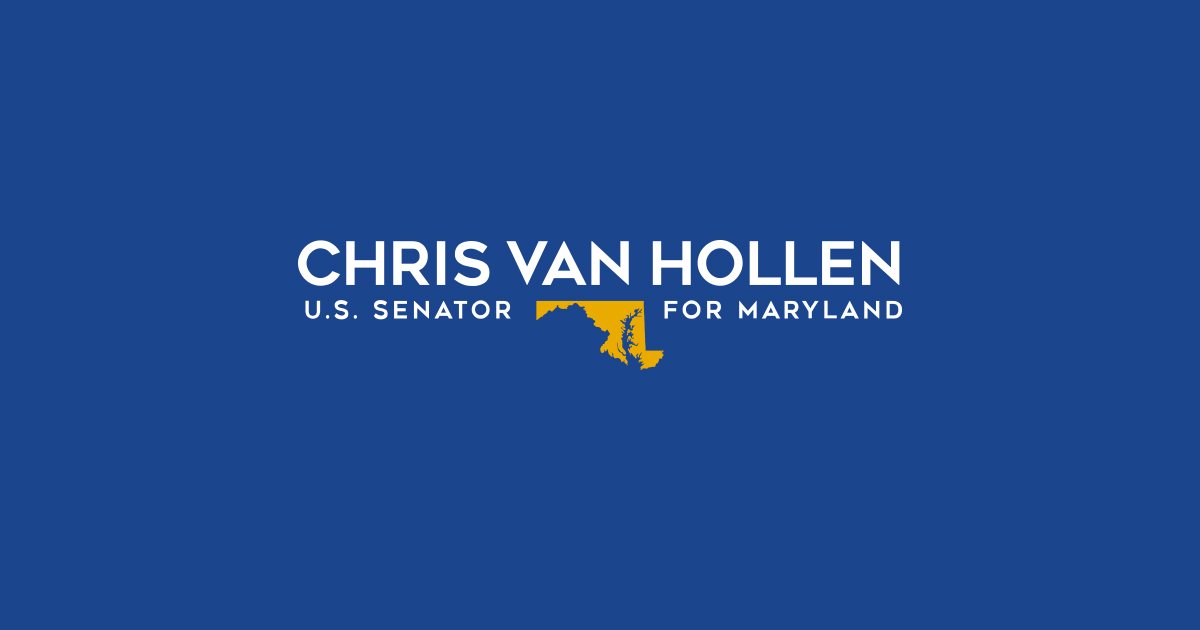Source: United States Senator for Maryland Chris Van Hollen
Legislation Closes 8-K Trading Gap, Preventing Executives from Profiting Before Significant Problems are Disclosed to the SEC, Public
Today, U.S. Senator Chris Van Hollen (D-Md.), a member of the Senate Banking, Housing and Urban Affairs Committee, and Congresswoman Carolyn Maloney (D-N.Y.), a member of the House Financial Services Committee, introduced bicameral legislation to prevent executives and other corporate insiders from profiting off the gap between the occurrence of a significant event – such as bankruptcy or an acquisition – and its legally-mandated disclosure to the Securities and Exchange Commission (SEC) and the general public. Right now, companies have four days to file the 8-K disclosure form with the SEC, but they are not barred from trading in advance of the filing – giving them an unfair advantage. The lawmakers’ 8-K Trading Gap Act would close this gap by requiring the SEC to write a rule to prohibit insiders from making trades during this four-day period.
“Time and again we’ve seen corporate executives take advantage of the 8-K trading gap by selling off bundles of shares prior to a major announcement. It’s clear this gap gives corporate insiders a massive unfair advantage over the public,” said Senator Van Hollen. “Our legislation will close this harmful loophole and provide fairness to everyday shareholders. I’ll be working with my colleagues on the Banking, Housing, and Urban Affairs Committee to move this legislation at once.”
“Corporate executives shouldn’t be allowed to trade on significant information ahead of the public and investors, but that’s exactly what’s happening because of this legal loophole,” said Rep. Maloney. “The 8-K Trading Gap Act has a very simple solution to this problem: prohibit executives from trading during the four-day gap between when an event happens and when the company publicly files a Form 8-K to alert the public and shareholders of the event. Given the broad bipartisan support for this bill last year in the House, I’m hopeful that we will be able to enact this commonsense law this Congress.”
The legislation passed the House of Representatives last Congress with an overwhelmingly bipartisan vote of 384-7 and was unanimously reported out of the House Financial Services Committee.
The text of the bill is available here.
